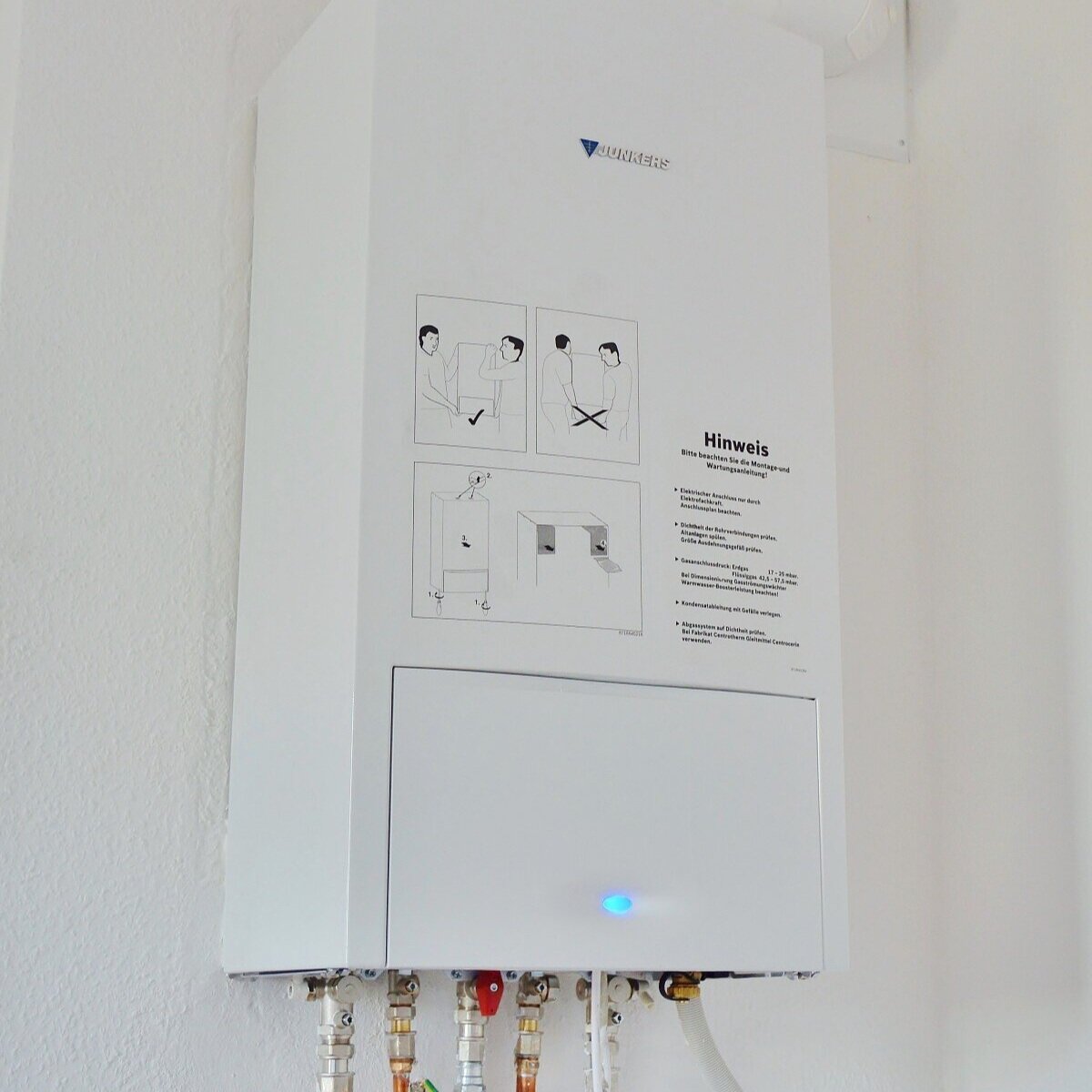Tankless Water Heater: Understanding the Pros and Cons
A reliable water heater can be one of the best household investments. Since every family needs a steady stream of hot water for cleaning and chores, a water heater can account for a staggering portion of the utility bills each month. Choosing the correct water heater can cut down on electricity and water costs. There are a few types of water heaters most commonly used in homes, and we’re here to provide all the necessary information on tankless heaters to ease the decision-making process.
How a tankless water heater works
Unlike a traditional tank heater, the tankless water heater doesn’t store any hot water. The electrical coils running alongside the water pipes heat the water directly while it passes through. Since this type of heater only provides hot water when required, it’s also called the “on-demand” heater.
Tankless water heaters can be powered by gas (propane or natural gas), oil, or electricity. The various power sources have all the benefits and disadvantages seen in traditional tank heaters.
Pro: improved efficiency
According to the US Department of Energy, users who use up to 41 gallons of hot water daily can expect 24% to 34% higher energy efficiency when switching to tankless heaters. The energy losses of tank heaters are chiefly due to spending more energy to store hot water, which the tankless models do not.
Pro: improved maintenance
Because the tankless heaters don’t use vast water tanks to hold water, they don’t corrode as much and require less maintenance overall. Tank heaters often suffer from water sedimentation and anode corrosion over time, which require regular maintenance to remove.
Pro: better installations
Tankless heaters require less space and can fit better in enclosed spaces. They can be hung on a wall or put into small cabinets much easier than tank-based counterparts.
Pro: improved lifespan
Tankless water heaters can last between 20 and 30 years in optimal conditions, where tank heaters rarely survive past 15. The longer lifespan usually means that the higher upfront costs are eventually evened out, especially given the savings on utility bills and repairs or replacements.
Pro: on-demand water
The high-powered heating unit delivers a steady stream of hot water when needed. Users who prefer long showers or have large families don’t have to worry about running out of hot water.
Con: upfront costs
Tankless heaters are, on average, three to four times more expensive to purchase and install than a comparable tank heater. Older houses might require further remodeling to fit the installations, like rerouting gas lines and improving the electricity network to accommodate the appliance’s larger load. Extreme renovation costs just to replace a tank heater with a tankless model might not be worth the investment, even with the added energy efficiency, so run the numbers carefully.
Con: costly repairs
While tankless heaters generally require fewer repairs, they often cost quite a bit to fix. The complexity and less widely available replacement parts make them more challenging to fix. A professional plumbing service is usually required to troubleshoot any tankless heater problems.
Con: constricted flow
Smaller tankless water heaters can provide a steady stream of hot water for one or maybe two fixtures. However, they will struggle when there are multiple simultaneous showers or water-demanding chores. Contact a qualified plumber to provide accurate specifications on the tankless heater size to meet the family demands comfortably.
Frontier Plumbing of Las Vegas has over three decades of experience offering water heater repair or replacement, water filtration, water softeners, shower valves and trim, and garbage disposal services. Our certified and experienced plumbers guarantee excellent workmanship at competitive prices. Call 702-602-6705 today!

